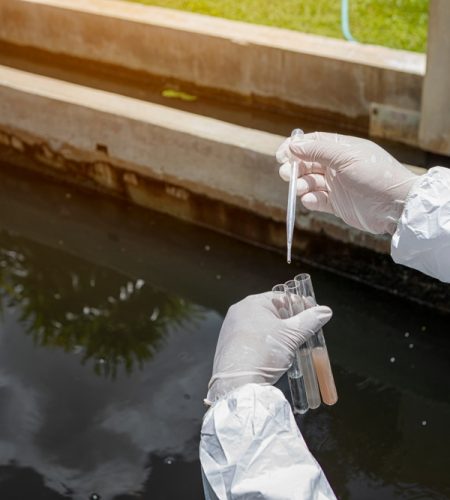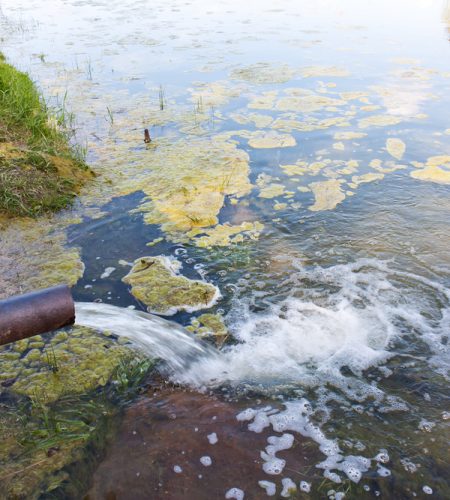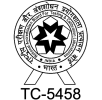Treatability Studies
What Are Treatability Studies

- The industrial revolution brought to us marvelous innovations, but sadly enough- the revolution became the source of effluents, thus leading to a significant rise in water pollution. Wastewater treatability has therefore become the need of the hour.
- A wastewater treatability study is a test/study, which tells how the wastewater should be treated. The accurately performed study gives clear and accurate identification of the problem, thus ensuring proper treatment.
- Treatability study helps in inspecting the existing sewage/effluent water discharge system of colonies, industrial townships, and hospitals, etc. Further, it provides quantified data of sewage/effluent generated at specified locations or sites.

Why You Need Treatability Studies

- Water is the most essential part of existence, as a result, water quality has been described predominantly in the scientific domain. Owing to the growth in population and development of industries around the globe, water (due to its all over existence) is vulnerable to the waste discharged from households and factories.
- Such types of wastewater are home to various types of impurities viz. organic wastes, faecal coliforms, suspended sand, and silt particles in form of solids, nitrates, phosphates, and other contaminants. When we overlook wastewater treatment, the wastewater travels to the nearby surface water bodies through open sewage drains and percolates underneath the ground. The result being, the surface gets contaminated and tampers the essential groundwater resources.
- Treatability study, therefore, helps in studying the several variables in the wastewater streams. The method helps at pinpointing exactly what the problem is- despite taking actions on the basis of guesswork.

Why Choose Anacon Laboratories For Treatability Study
- At Anacon Laboratories, we follow a model that lets us undertake various types of considerations and factors which affect the choice of treatment method.
- Right from assessing the design criteria to looking into the treatment needed for recycle/reuse of effluent water.
- Further, representative samples of industrial effluents are collected and treatability studies of various pollution parameters are conducted in the laboratory to
- Identify pollution prevention and waste minimization measures
- Identify the optimum treatment scheme for a given industrial effluent
- Analyze the existing pollution control systems for their performance capacities
- Overcome the troubleshooting
- Suggest up-gradation measures
Accredited, Certified & Recognised by











Testimonials
GET IN TOUCH
